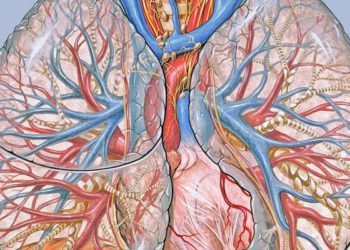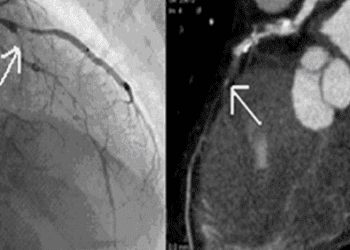Quick Take: Ultra-processed food intake and risk of cardiovascular disease
The consumption of ultra-processed food has increased substantially over the last several decades. These foods often have higher proportions of total and saturated fat, added sugar, energy density and salt, and lower proportions of fiber and vitamin density. Limited cross-sectional data has suggested associations with obesity, metabolic syndrome, functional gastrointestinal disorders, hypertension, breast and all cancers with increased ultra-processed food intake. In this population-based cohort study, 105,159 participants age 18 years and older completed repeated 24-hour dietary intake assessments, detailing their usual consumption of 3,300 food items. Participants were followed up for a median of 5.2 years to assess the association between ultra-processed food consumption and cardiovascular (CVD) risk. Food items were categorized using the NOVA food and drink classification system according to degree of processing. Yearly health questionnaires, check-up questionnaires every three months, study website entries, patient-provided medical records and medical professional or facility-provided information were used to ascertain major health events, and general population based cohort data was linked to medico-administrative national health insurance data and the French national cause-specific mortality registry. Researchers found that ultra-processed food intake was associated with a higher risk of overall CVD (HR 1.12, 95% CI 1.05 to 1.20, p<0.001), coronary artery disease risk (HR 1.13, 95% CI 1.02 to 1.24, p=0.02), and cerebrovascular disease (HR 1.11, 95% CI 1.01 to 1.21, p=0.02). Incidence rates for overall CVD were also increased in individuals consuming high amounts of ultra-processed foods when compared to low consumers. The results of this study therefore demonstrate an association between ultra-processed food consumption and CVD, coronary and cerebrovascular diseases.
Click to read the study in BMJ
Image: PD
©2019 2 Minute Medicine, Inc. All rights reserved. No works may be reproduced without expressed written consent from 2 Minute Medicine, Inc. Inquire about licensing here. No article should be construed as medical advice and is not intended as such by the authors or by 2 Minute Medicine, Inc.







